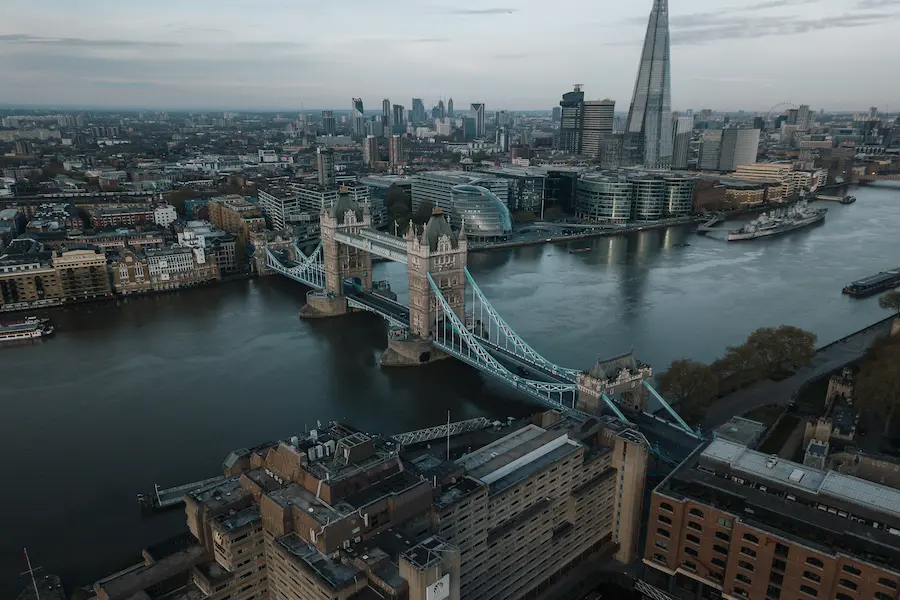Celebrating world-changing clean tech at the 2017 BusinessGreen Technology Awards

We may have glimpsed the future at the BusinessGreen Technology Awards today, an annual event which celebrates the best of British clean tech.
The awards recognise the people and companies pushing the limits of clean technology, in sectors spanning low emissions vehicles, renewable energy, apps, smart grid technology, building innovations and biotech.
If there was one overall winner, it was probably Verv, which won the coveted Technology of the Year prize and App of the Year for its intelligent home energy assistant. Verv also won Future City Technology of the Year for its blockchain system.
Michael Liebreich, founder of Bloomberg New Energy Finance, won the Lifetime Achievement Award. “We know which way the wind is blowing, but it’s imperative we move quickly and break through barriers,” he said.
James Murray, editor of BusinessGreen, set out the enormity of addressing climate change in his speech. He concluded by telling finalists they are “engaged in some of the most important work in human history.”
The ceremony was hosted by Robert Llewellyn at the Institution of Engineering and Technology in London.
Other awards
- Automotive Technology of the Year was given to Toyota GB PLC for the Mirai, a hydrogen fuel cell passenger car.
- Building Technology of the Year went to Demand Logic, which uses sensors to gather data on building performance. This intelligence can be used to save energy, reduce carbon emissions and improve maintenance.
- Circular Economy Technology of the Year was given to Aceleron, which processes used lithium batteries, turning them into new batteries. These can then be used as a cheap form of energy storage in developing countries.
- Clean and Cool Award for International Impact was awarded to Whitefox Technologies which uses membrane technology to produce ethanol.
- Bio-technology of the Year went to Airponix, a company which has developed a soil-free method of growing staple food crops using nutrient-rich fog.
- Marine Energy Technology of the Year was given to Orkney-based Scotrenewables for their floating tidal generator.
- Social Impact Technology of the Year was awarded to Community Action Project for Energy (CAPE), an interactive website to help Milton Keynes’ residents and businesses save energy.
- Solar Technology of the Year was given to Huawei Fusion Solar for its smart string PV inverter.
- Smart Grid Technology of the Year was awarded to Ovo Energy’s VCharge, a gadget which allows people to control the heat of storage heaters and water heating in their homes.
- Transport Technology of the Year was awarded to Meteor Power for its electric and hybrid powertrains.
- Clean Tech Start-up of the Year went to Airex, which uses sawmill and forestry waste to make fuels and other materials.
- R&D Programme of the Year was awarded to TWI Ltd for its WindTwin project, which aims to reduce wind farm maintenance costs by creating a modelled ‘twin’ of the turbines.
- Innovator of the Year went to John Hingley of Renovagen, inventor of a roll of solar panels which can be rapidly deployed in disaster zones or elsewhere.
- Breakthrough of the Year was awarded to Quantum Technology Supersensors for their environmentally-friendly sensor technology.
A full list of the nominees is here, and you can read more about the judges’ rationale for their decisions here.
At Greenhouse, we support a wide variety of companies, organisations and innovators working in this area. If you’ve got a great story and need our help to tell it, we’d love to hear from you.


